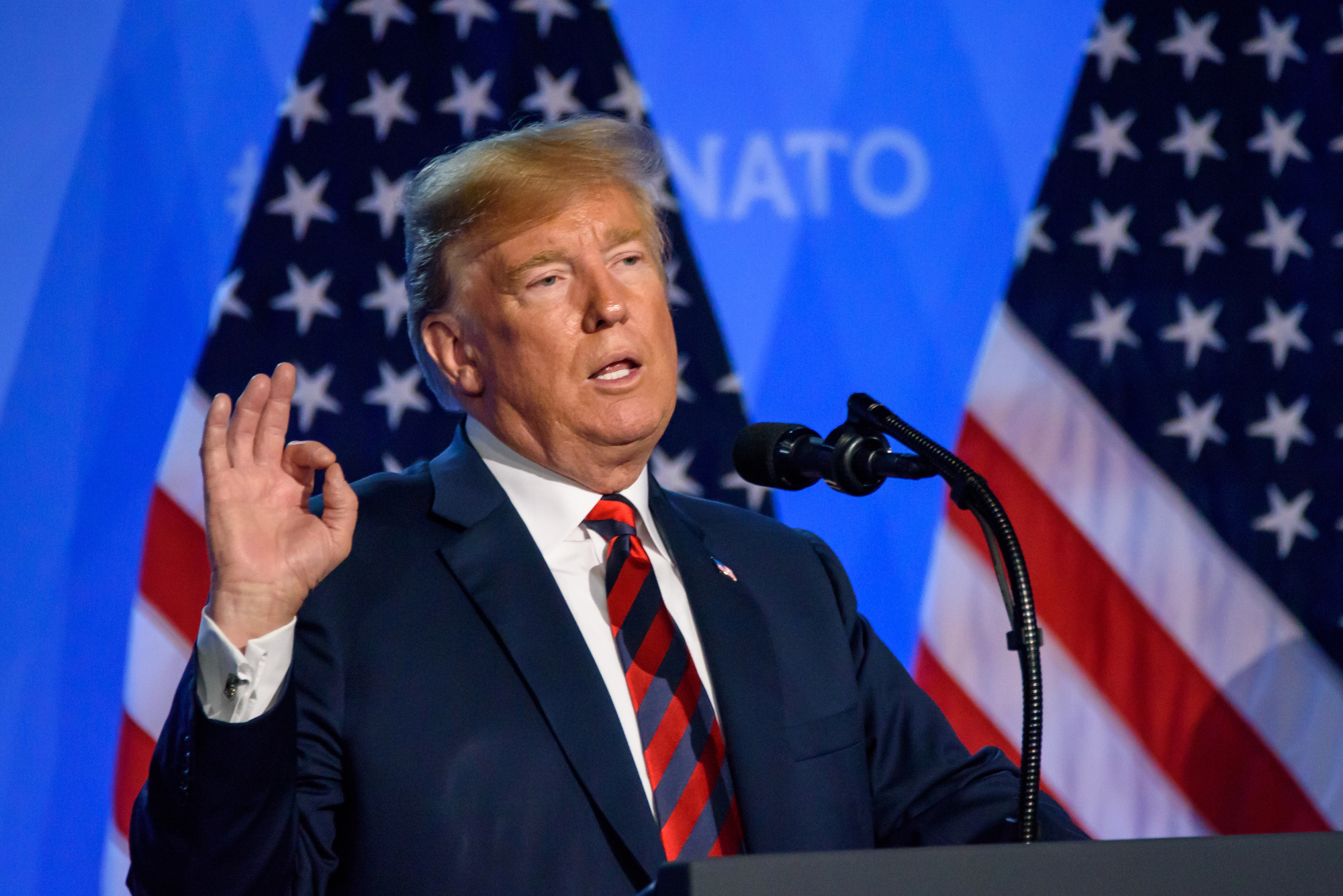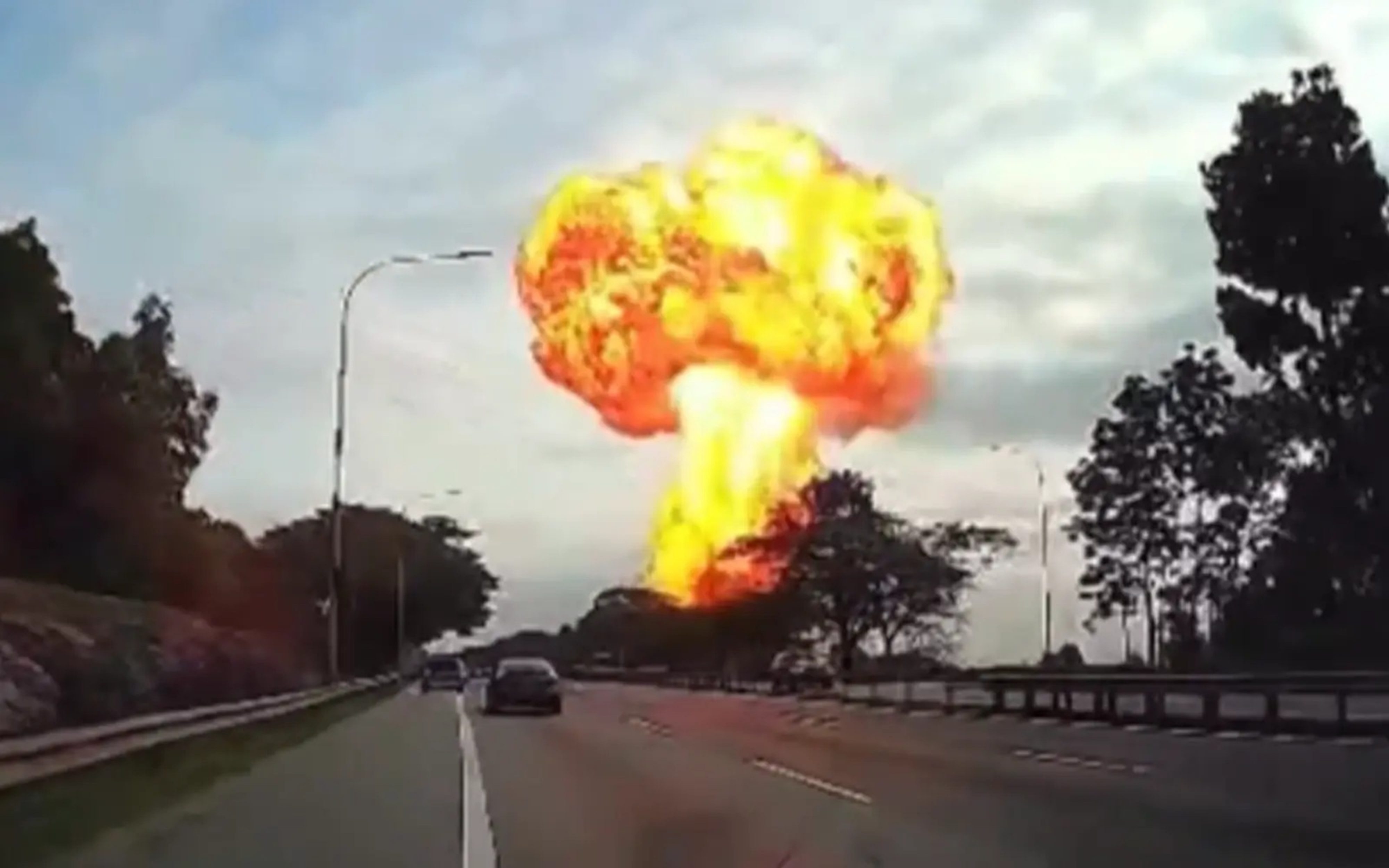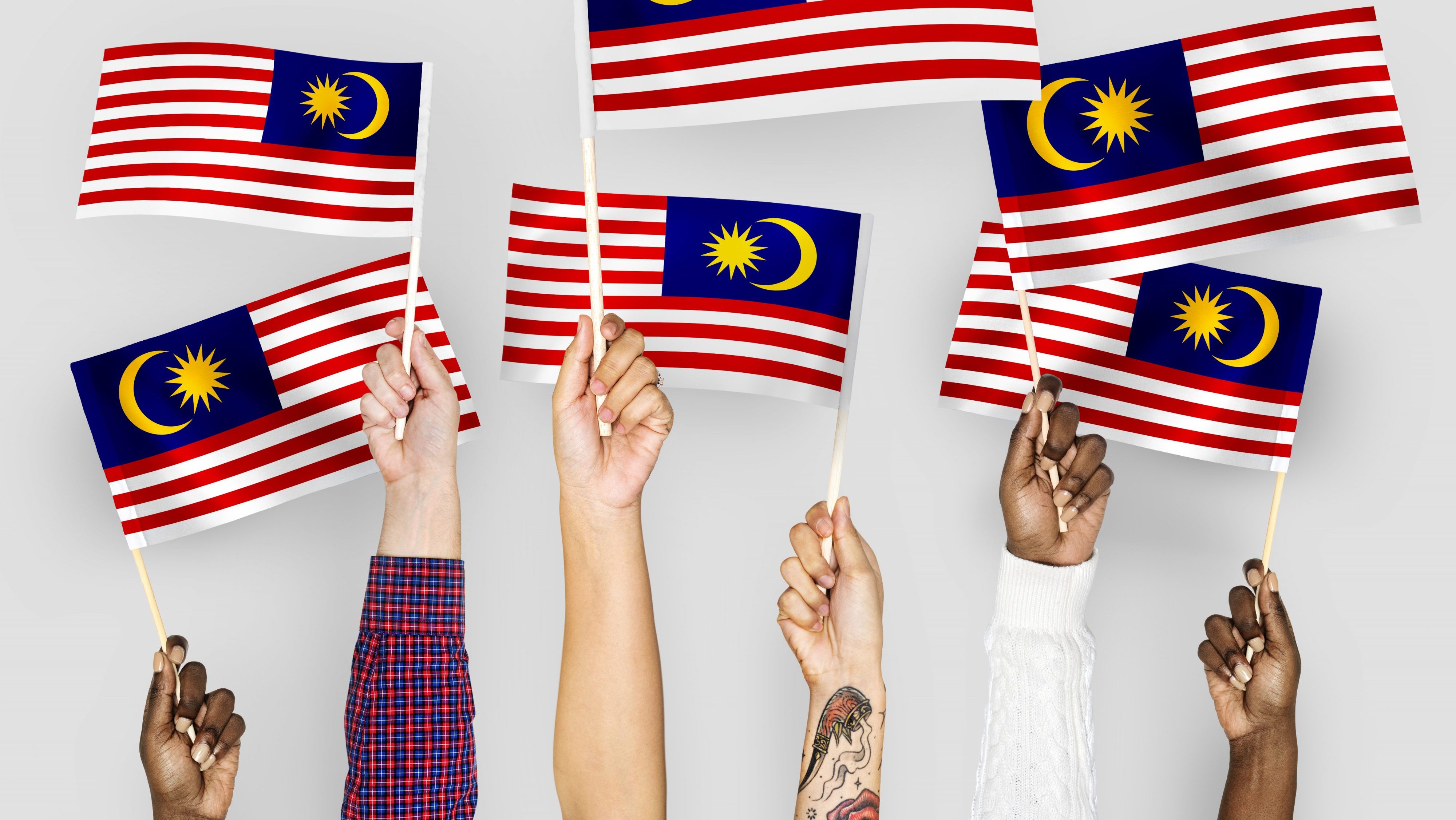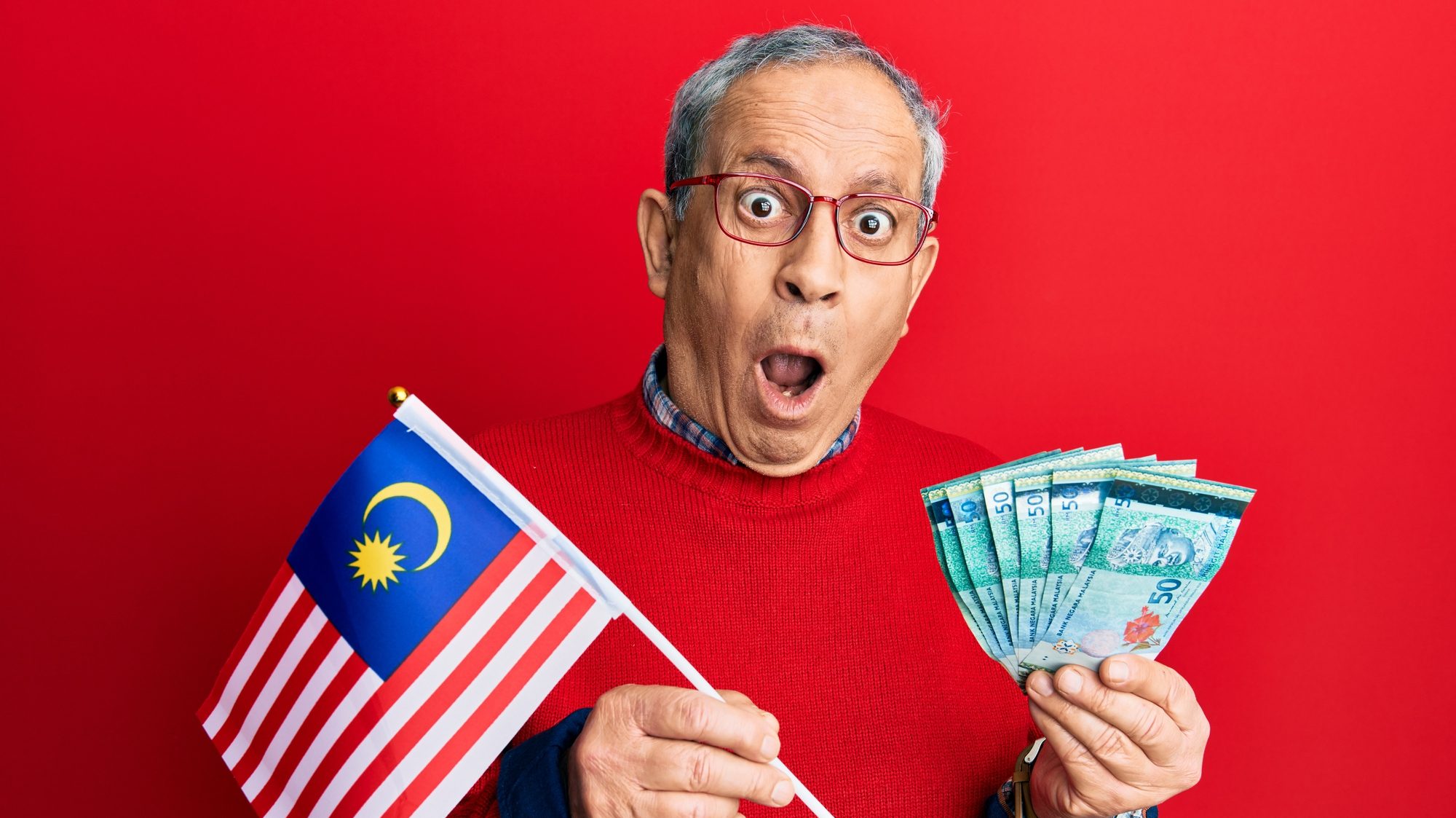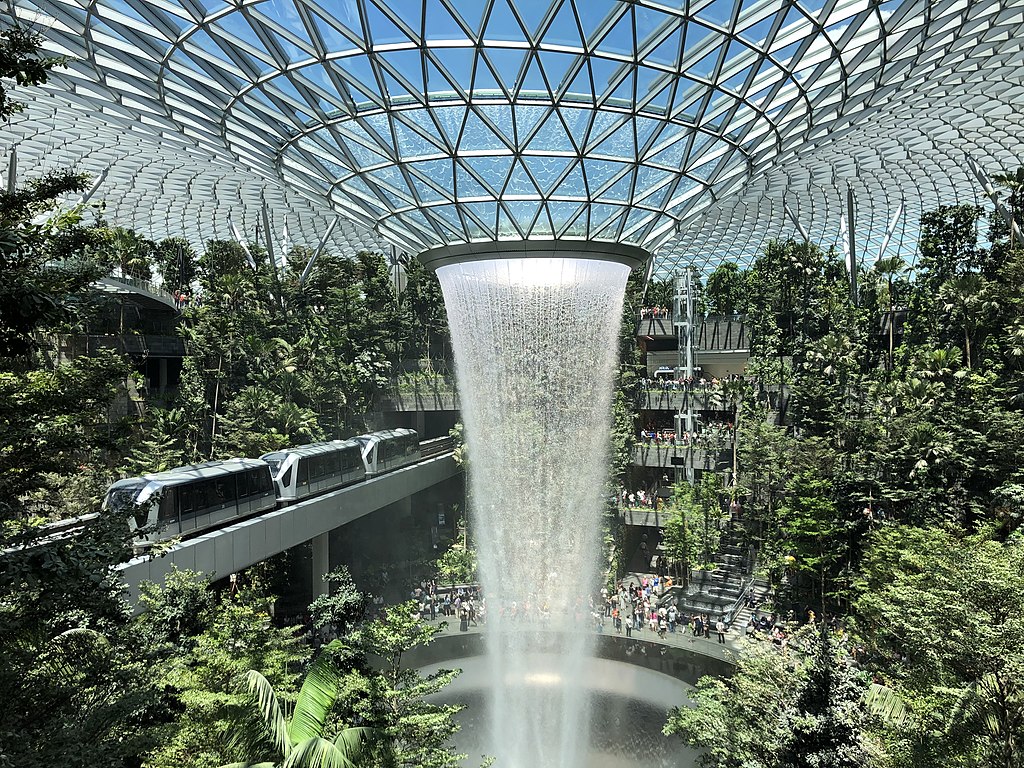
Picture Credit: https://commons.wikimedia.org/wiki/User:Bennv3771
OPINION | Does Singapore pride itself on looking good instead of actually being good?
In what must have felt like a proud moment, Minister for Transport S. Iswaran announced at the 2023 Changi Airline Awards ceremony, held at the Shangri-La Hotel, that Changi Airport Terminal 2 (T2) is set to fully reopen this October, months ahead of schedule. Given that the passenger traffic at Changi has reached more than 82 per cent of pre-pandemic levels since Singapore’s borders reopened last year, Mr Iswaran predicted that passenger traffic at Changi Airport might return to pre-pandemic levels next year or even earlier if current trends persist.
While this is ostensibly good news, one does wonder if this actually boosts homegrown businesses or merely favours large corporate chains where workers are just cogs in the wheel with little hope of genuine career progression. To be fair to large chains, they do play an important role in job creation. However, the key question relates to career progression.
Singapore is no longer a developing country where citizens are satisfied doing low-end jobs to make a living. Rather, there is an increasing desire to build a career based on opportunities for progression.
With this in mind, let us contrast Mr Iswaran’s optimism with writer Tang Li’s sentiments about Changi Airport. While Mr Iswaran was jubilant, Mr Tang was not. He described his “overwhelming despair” on landing at Changi and even said he had to “fight back the desire to start sobbing on the spot”.
He explained that while the Noi Bai International Airport in Vietnam was cranky, it had a sense of dynamism. In contrast, Changi Airport appeared to be “hiding something that is not quite right” despite its glamorous façade.
Mr Tang referenced the aged cleaners who kept Changi Airport clean. “When every cleaner you run into happens to be over 65, it’s got to signal to you that something is very wrong here. You have to ask – who exactly are we building these great facilities for?”
He also mentioned the air of gloom at the food court, which despite its swankiness, was full of empty stalls. This seems a jarring shock in a country that is motivated and driven by food.
Perhaps, all that glitters is not gold. As a society and at the governmental level, do we prize image over substance?
And if so, does this bode well for the future of our country? After all, what is the point of having the “best and newest” airport in the world if it is maintained by retirees who shouldn’t be doing manual labour and if it does not house thriving businesses where there is the hope of profit and career progression?
What is the point of having the most modern building in the world if it is not thriving? Are we prioritising looking good instead of actually being good?
Singapore hanged yet another convicted drug trafficker on April 26. As Mr Tangaraju joins the grim statistics, can we conclusively say that the mandatory death penalty works? And if it does, why are there still drug traffickers?
In our single-minded focus on creating the illusion of a safe and perfect society, we have assumed that the system is infallible and always right.
However, as shown in the Parti Liyani case, the state does make mistakes. The police investigation was sloppy. The evidence against Ms Liyani was flimsy, and a supposedly credible witness lied to the investigating officer.
Unfortunately, Ms Liyani belongs to the group of people who get frightened easily by authority figures like policemen, and so there were inconsistencies in her statement to the police.
She was convicted in March 2019 of stealing more than $30,000 worth of items from ex-Changi Airport Group chairman Liew Mun Leong and his family and sentenced to jail for two years and two months in March 2019.
But Ms Liyani appealed, and the High Court overturned the conviction in September 2020.
The police investigation officer and his supervisor involved in Ms Parti Liyani’s case were fined after internal investigations found they had “neglected their duties”, said Law and Home Affairs Minister K Shanmugam.
As the case showed, policemen and judges are prone to human errors.
So, putting people away does not always ensure justice.
While some might blame the Government for its draconian approach, we as a society must also take some of the blame. After all, the Government is merely reflecting what it thinks we want.
Perhaps, we should take a step back and consider our own image-conscious mentality. Have appearances ever truly saved the day? Or is it simply a smokescreen to hide our imperfections?
But if we do not accept the reality of our imperfections, how can we ever hope to improve and build a better and fairer society?
As the saying goes: “Appearances are deceiving.”
Let’s not deceive ourselves. Singapore has all the hardware to make us seem the most developed nation in the world. But in terms of the software, we may be somewhat lagging.

